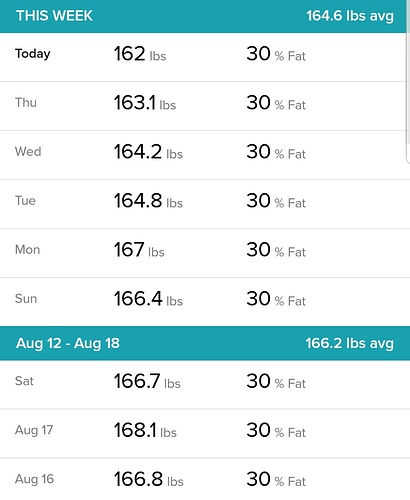I’ve also had a hard time finding the answers on how to monitor and what indicates there is a problem. Specifically how to know if you are having an insulin response to something. Brenda posted how to test to see if sweeteners were causing an insulinogenic response on a different threat, that you go from taking fasting BG to ingesting what specific sweetener (alone in a drink) you think may cause a spike and wait for BG to actually drop which signals an insulin release. She did not say how far of a drop to look for so I am still confused. I have not been able to find anything that is very descriptive.
I tried testing just to see what happened after I had my coffee (with MCT, HWC and erythritol) . Wasn’t trying to test specifically erythritol but just looking to see what my body did with my morning coffee. My BG went up 25points then dropped down just slightly below the initial fasting reading over the course of 1.5 hrs. So it dropped but didn’t drop initially and actually went up. So I am still just as lost as before I started. I’m interested to see what @Richard has to say as well.
Reading other peoples responses to testing stating that their BG after a fully keto meal is lower than when they woke up that morning only serves to muddle it more. Especially when Brenda says you look for a drop in BG to see if you are having an insulinogenic response.

